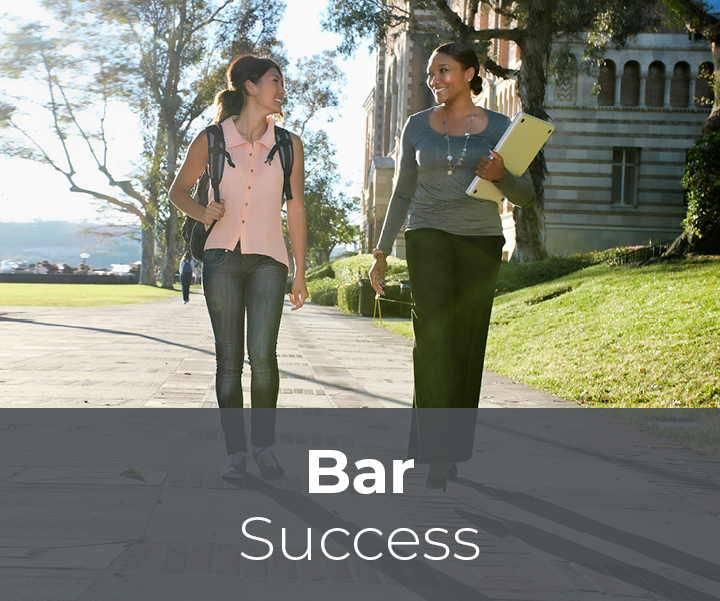
The Impact of Diversity and Inclusion in Law School
The Law Professor and the Therapist: Beyond Belonging There’s a Place (and Need) for Group Solidarity Among First Generation and Low-Income Students in the Law School Setting
Document Type
Law Review Article
Publication Date
3-2023
Keywords
diverse campus environment, socioeconomic status, first-generation students
Abstract
"As a greater portion of American society has been afforded entrée to colleges and graduate schools, this well-educated segment of society has come to rely on advanced education and the rituals of lengthy training for the professions to reproduce itself and its privileges. It is in this reality that the conditions for first-generation and low-income background students in law schools must be examined. Young people growing up in households where neither parent has a four-year degree disproportionately enroll in less-selective colleges, complete college at lower rates than their continuing-generation peers, and comprise only 22.5% of law school graduating classes. Outcomes for this demographic continue to lag in relation to their continuing generation peers even after graduation: their rate of employment in bar passage required or anticipated jobs was more than 11 points lower (84.3% vs. 73.2%). Concrete steps can and should be taken at the law school level to support these students. Providing first-generation and low-income law students with supportive group sessions facilitated by a law professor and a therapist can heighten the visibility of this student cohort, promote their wellbeing, and enable the formation of a robust class consciousness around their identity.
...
In this article, an inexpensive intervention grounded in principles of liberation psychology—peer support group sessions facilitated by a law professor and a therapist—is put forth as a first step in creating a critical space for marginalized student voices. The author’s own experience implementing this initiative is discussed and practical recommendations are made for law school faculty and support professionals interested in pursuing a similar approach at their institutions. Even small changes to legal education’s role in the reproduction of hierarchy can yield sizeable benefits—a practical embrace of liberation psychology within a small corner of the law school space has transformative potential. The lawyer and therapist intervention represents one small step that can modify the law school space to liberate a group of first-generation and low-income background students to remain true to their initial reasons for pursuing a law degree: with the simple act of claiming a space for their voices in the larger law school community.
Part I of this article examines the primary obstacles blocking the formation of a class-conscious first-generation and low-income lawyer identity, which includes culture shock, pressure to assimilate, traditional legal education’s repression of emotion, the invisibility of the first-generation and low-income identity, and the relentless focus on climbing the proverbial ladder. Part II outlines the origin story of this article by providing a brief description of the author’s experience implementing the law professor and therapist intervention. Part III highlights the benefits of peer supports for first-generation and low-income background students and introduces the liberation psychology framework guiding the law professor and therapist intervention. Part IV urges adoption of this intervention by other law schools and highlights important next steps." (pp. 163-64, 168-69)



